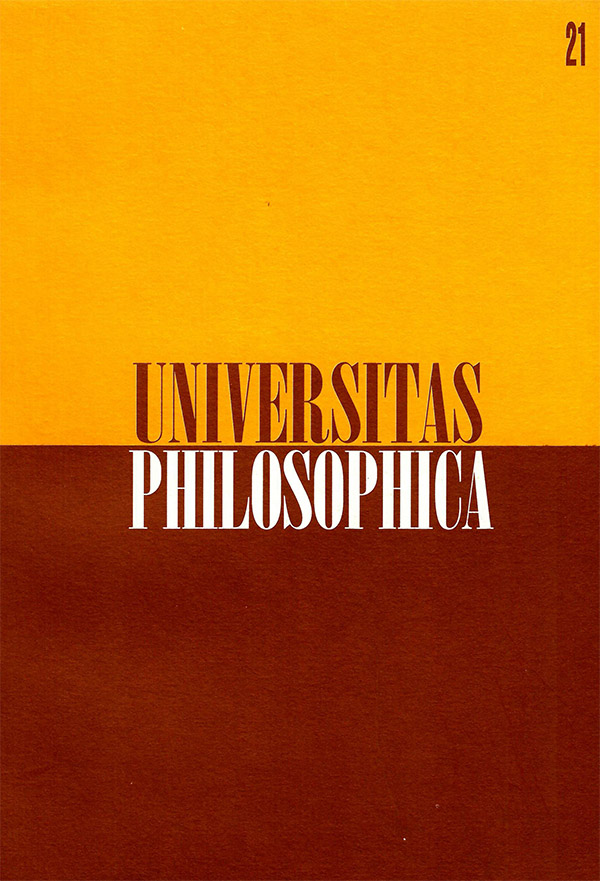Resumen
Este trabajo intenta presentar, de un modo sencillo, puntos de referencia desde los cuales Aristóteles aborda el problema de lo trágico en la Poética. En él se registran en primer lugar, las distiniciones que le permiten hablar de un género poético noble -en el cual se ubica la tragedia como especie-, y también las que hacen posible hablar de un modo dramático de imitación. En segundo lugar se analiza la definición de tragedia que remite a su vez a un intento de definición de la mimesis aristotélica y de sus categorías principales: unidad, verosimilitud y necesidad. El trabajo se apoya en la teoría general de la techné aristotélica y enfrenta el tema de lo trágico desde una triple perspectiva: la construcción del argumento que nos remite a la categoría de forma; el efecto trágico desde la categoría de finalidad, y las situaciones, los personajes y desenlaces trágicos en cuanto se definen a partir de las dos categorías anteriores. Se trata aquí de problemas de tipo literario y de manejo de formas antes que de problemas ético-existenciales. Este aspecto lo reservamos para una oportunidad posterior.Esta revista científica se encuentra registrada bajo la licencia Creative Commons Reconocimiento 4.0 Internacional. Por lo tanto, esta obra se puede reproducir, distribuir y comunicar públicamente en formato digital, siempre que se reconozca el nombre de los autores y a la Pontificia Universidad Javeriana. Se permite citar, adaptar, transformar, autoarchivar, republicar y crear a partir del material, para cualquier finalidad (incluso comercial), siempre que se reconozca adecuadamente la autoría, se proporcione un enlace a la obra original y se indique si se han realizado cambios. La Pontificia Universidad Javeriana no retiene los derechos sobre las obras publicadas y los contenidos son responsabilidad exclusiva de los autores, quienes conservan sus derechos morales, intelectuales, de privacidad y publicidad.
El aval sobre la intervención de la obra (revisión, corrección de estilo, traducción, diagramación) y su posterior divulgación se otorga mediante una licencia de uso y no a través de una cesión de derechos, lo que representa que la revista y la Pontificia Universidad Javeriana se eximen de cualquier responsabilidad que se pueda derivar de una mala práctica ética por parte de los autores. En consecuencia de la protección brindada por la licencia de uso, la revista no se encuentra en la obligación de publicar retractaciones o modificar la información ya publicada, a no ser que la errata surja del proceso de gestión editorial. La publicación de contenidos en esta revista no representa regalías para los contribuyentes.


